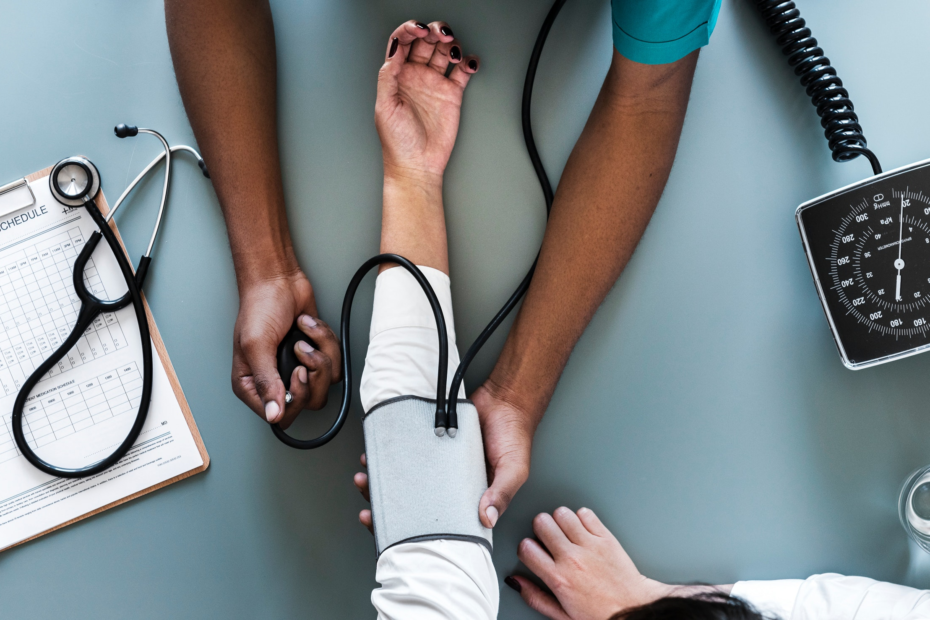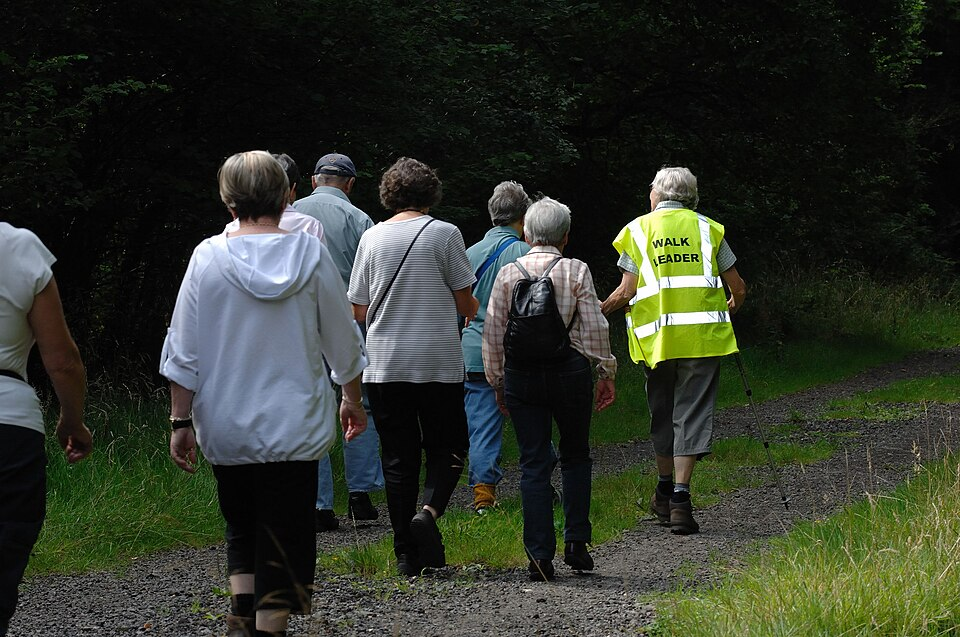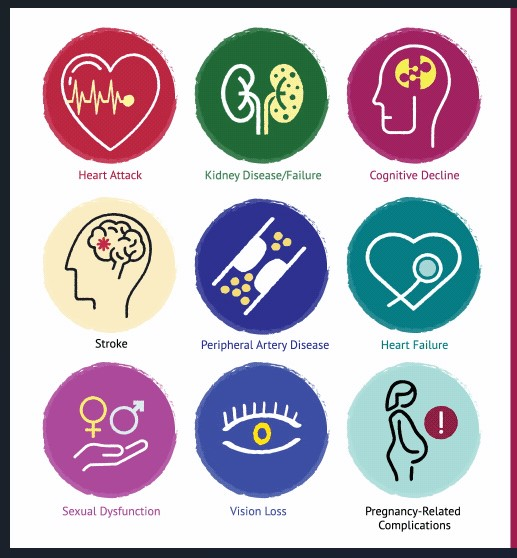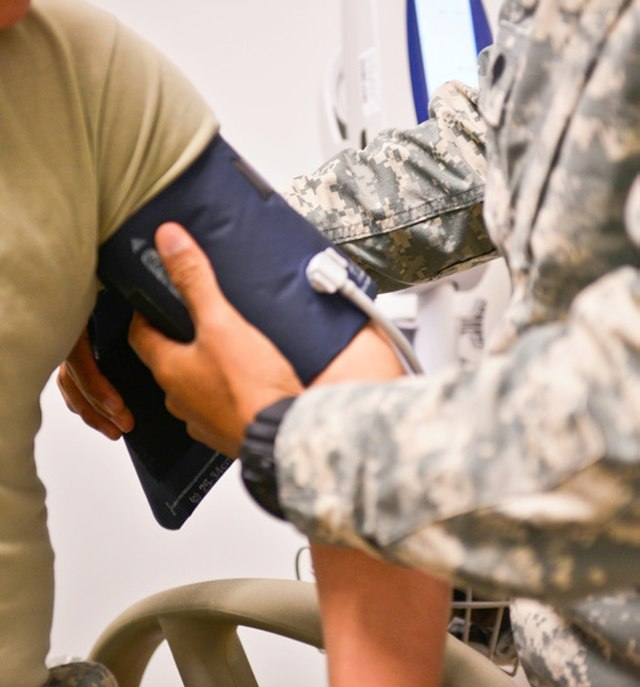Discover how hypertension headaches develop, why stress raises blood pressure, and proven strategies to prevent dangerous blood pressure spikes that cause head pain.”>
Hypertension Headache: When High Blood Pressure Causes Head Pain
Picture this: you’re rushing through your morning routine when suddenly a pounding headache hits. Your heart feels like it’s racing, and you wonder if your blood pressure might be spiking. Don’t worry, you’re not alone in this concern.
Many people believe that high blood pressure always causes headaches. But here’s what’s surprising: most people with high blood pressure have no symptoms at all, which is why it’s called the “silent killer.”
However, when blood pressure reaches extremely high levels, headaches can indeed occur. Also, stress plays a major role in raising blood pressure, creating a concerning cycle that affects millions of people.
What Is a Hypertension Headache?
A hypertension headache occurs when blood pressure rises to dangerously high levels, typically 180/120 mmHg or above. These headaches feel different from regular tension headaches or migraines. So what makes them unique?
The headache pain usually affects both sides of your head. It tends to throb or pulse, especially with physical activity. Plus, you’ll often experience other warning signs alongside the head pain.
These headaches develop because extremely high blood pressure affects the blood-brain barrier (the protective layer around your brain). When pressure gets too high, it can cause fluid to leak into brain tissue, creating swelling that triggers pain.
How Hypertension Headaches Differ From Other Types
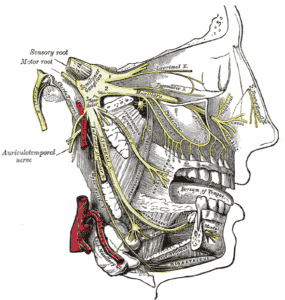
Understanding the difference between a hypertension headache and other headache types can be lifesaving. Regular headaches don’t usually come with the serious warning signs that accompany dangerous blood pressure spikes.
Regular Tension Headache
- Usually one-sided pain
- Feels like a tight band around head
- No vision changes
- Normal blood pressure
Hypertension Headache
- Both sides of head affected
- Pulsating, throbbing pain
- May include vision problems
- Blood pressure over 180/120
The location and quality of pain help doctors distinguish between headache types. But more importantly, hypertension headaches come with additional symptoms that signal an emergency.
Can Stress Cause High Blood Pressure?
You might wonder whether your daily stress levels are secretly raising your blood pressure. The answer is both yes and no, depending on the type and duration of stress you’re experiencing.
Short-term stress definitely raises blood pressure temporarily. When you face a stressful situation, your body releases hormones like adrenaline and cortisol. These hormones make your heart beat faster and cause blood vessels to narrow, which pushes your blood pressure up quickly.
However, chronic stress presents a different challenge. The American Heart Association explains that long-term stress contributes to high blood pressure through several pathways.
How Chronic Stress Leads to High Blood Pressure
When stress becomes a daily companion, it affects your cardiovascular system in multiple ways. But the relationship isn’t as straightforward as you might think.
The Chronic Stress Pathway:
Recent research shows even stronger connections between stress and blood pressure. A major study published in Hypertension found that people with high stress hormone levels were 21-31% more likely to develop high blood pressure over 6-7 years.
Types of Stress That Affect Blood Pressure
Not all stress impacts your blood pressure equally. Researchers have identified specific types of chronic stress that pose the greatest risks to cardiovascular health.
Work-related stress ranks among the most significant contributors. Job demands, long hours, and workplace conflicts create persistent stress that affects millions of people. Then there’s relationship stress, financial worries, and even discrimination, which research shows can elevate blood pressure over time.
Social stressors also play a major role. People who lack social support or experience ongoing relationship conflicts show higher blood pressure readings. Plus, certain life events like caring for a sick family member can create prolonged stress that affects cardiovascular health.
Recognizing Dangerous Symptoms
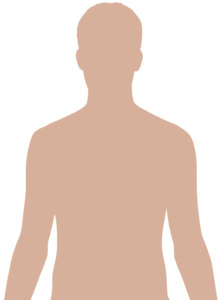
Knowing when a headache signals a blood pressure emergency can save your life. Because most high blood pressure doesn’t cause symptoms, it’s crucial to recognize the warning signs of a hypertensive crisis.
A hypertensive crisis occurs when blood pressure rises suddenly and severely, typically to 180/120 mmHg or higher. At these levels, your organs can suffer damage within hours if you don’t get treatment.
Complete Symptom Checklist for Hypertensive Crisis
Recognizing all the symptoms of dangerously high blood pressure helps you act quickly when every minute counts. These symptoms often occur together and can develop rapidly.
Physical Symptoms to Watch For:
- Severe headache affecting both sides of your head
- Vision problems like blurriness or seeing spots
- Chest pain or pressure
- Shortness of breath or trouble breathing
- Nosebleeds (especially if recurring)
- Severe dizziness or feeling faint
Neurological Symptoms:
- Confusion or difficulty thinking clearly
- Seizures (in severe cases)
- Weakness or numbness on one side
- Difficulty speaking or slurred speech
These symptoms indicate that high blood pressure is already damaging your organs. The brain, heart, kidneys, and eyes are most vulnerable to injury from extremely high pressure.
When to Check Your Blood Pressure
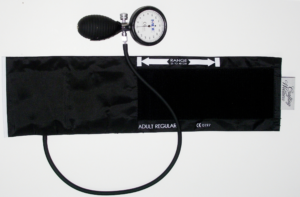
Since high blood pressure usually doesn’t cause symptoms, regular monitoring becomes essential. But certain situations should prompt you to check your blood pressure right away.
Check your blood pressure if you develop a sudden, severe headache that feels different from your usual headaches. Also check it during times of high stress, after consuming large amounts of caffeine, or if you’ve missed doses of blood pressure medication.
| Blood Pressure Reading | Category | Action Needed |
|---|---|---|
| Less than 120/80 | Normal | Continue healthy habits |
| 120-129/less than 80 | Elevated | Focus on lifestyle changes |
| 130-139/80-89 | Stage 1 Hypertension | Lifestyle changes + possible medication |
| 140/90 or higher | Stage 2 Hypertension | Medication + lifestyle changes |
| Higher than 180/120 | Hypertensive Crisis | Emergency medical care |
Home blood pressure monitors provide convenient ways to track your readings. However, make sure your monitor is validated for accuracy and use proper technique to get reliable results.
The Science Behind Blood Pressure Headaches
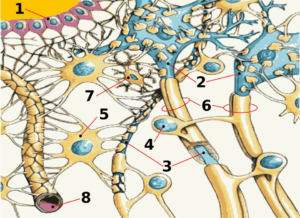
Understanding why extremely high blood pressure causes headaches helps explain why these symptoms signal such a serious medical emergency. The mechanism involves your brain’s protective barriers and blood vessel function.
Your brain sits inside your skull, which provides protection but also creates challenges when pressure builds up. Blood vessels in your brain are specially designed to maintain steady blood flow despite changes in body position or activity.
The blood-brain barrier normally prevents harmful substances from entering brain tissue. But when blood pressure spikes dramatically, this barrier can become leaky. Fluid then seeps into brain tissue, causing swelling that triggers pain receptors.
Why Location Matters in Hypertension Headaches
The bilateral nature of hypertension headaches (affecting both sides of the head) relates to how high blood pressure affects brain blood vessels. Unlike migraines, which often affect one side due to specific neural pathways, hypertension headaches result from widespread vascular changes.
High blood pressure affects all brain blood vessels simultaneously. This widespread effect explains why the pain typically occurs on both sides of the head rather than being localized to one area.
The pulsating quality of these headaches also reflects their vascular origin. You can often feel the pain sync with your heartbeat because it’s directly related to blood being pumped through damaged or stressed blood vessels.
Effective Prevention Strategies
Preventing hypertension headaches requires a two-pronged approach: managing stress effectively and keeping blood pressure within healthy ranges. Both elements work together to protect your cardiovascular system and brain.
The good news is that many proven strategies can help you achieve both goals. Plus, these approaches often improve your overall quality of life beyond just preventing headaches.
Stress Management Techniques That Lower Blood Pressure
Managing stress isn’t just about feeling better emotionally—it directly impacts your blood pressure levels. Research consistently shows that effective stress management can produce meaningful blood pressure reductions.
Evidence-Based Stress Reduction Methods:
Sleep quality also plays a crucial role in both stress management and blood pressure control. Poor sleep increases stress hormones while interfering with your body’s natural blood pressure rhythms.
Comprehensive Blood Pressure Management
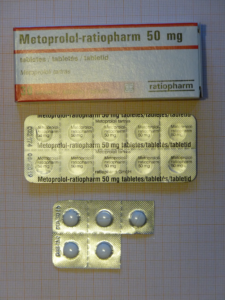
While stress management helps, preventing dangerous blood pressure spikes requires comprehensive attention to all factors that influence cardiovascular health. This includes diet, exercise, medication adherence, and regular monitoring.
For people who already have high blood pressure, consistent medication use becomes critical. Missing doses can cause blood pressure to rebound to dangerous levels, potentially triggering the headaches and other symptoms you’re trying to prevent.
Diet modifications can also help prevent blood pressure spikes. Reducing sodium intake, increasing potassium-rich foods, and following eating patterns like the DASH diet all contribute to better blood pressure control.
For comprehensive strategies to manage your blood pressure naturally and with medications, our detailed guide on effective high blood pressure management strategies provides evidence-based approaches that can help you maintain healthy levels long-term.
When to Seek Medical Help
Knowing when to seek medical attention for headaches and blood pressure concerns can literally save your life. Some situations require immediate emergency care, while others warrant scheduling an appointment with your healthcare provider.
Never hesitate to seek emergency care if you’re experiencing severe symptoms. Emergency rooms are equipped to handle hypertensive crises and can quickly lower your blood pressure to safer levels using IV medications.
Emergency vs. Urgent vs. Routine Care
Understanding the different levels of medical urgency helps you respond appropriately to blood pressure and headache symptoms. Each level requires different types of medical intervention and timing.
Emergency care is needed for hypertensive crisis with symptoms. This represents a life-threatening condition requiring immediate treatment to prevent organ damage.
Urgent care may be appropriate for very high blood pressure readings (over 180/120) without symptoms. This condition, called hypertensive urgency, needs prompt attention but isn’t immediately life-threatening.
Routine care applies to consistently elevated blood pressure readings below crisis levels. Schedule an appointment with your primary care provider to discuss treatment options and monitoring.
What to Expect During Emergency Treatment
If you do need emergency care for a hypertensive crisis, knowing what to expect can help reduce anxiety during an already stressful situation. Emergency teams follow specific protocols to safely lower your blood pressure.
Medical staff will first confirm your blood pressure reading and assess for organ damage. They’ll ask about your symptoms, medications, and medical history. Then they’ll start IV medications to gradually lower your blood pressure.
The key word here is “gradually.” Doctors don’t want to lower blood pressure too quickly because that can reduce blood flow to your brain and other organs, potentially causing additional problems.
Long-Term Management and Lifestyle Changes
Successfully preventing hypertension headaches requires ongoing attention to blood pressure management and stress reduction. This isn’t a one-time fix but rather a lifestyle approach that protects your health for years to come.
The most effective long-term strategies address multiple factors simultaneously. For example, regular exercise helps with both stress management and blood pressure control, while also improving sleep quality and mood.
Building Your Prevention Plan
Creating a personalized plan for preventing dangerous blood pressure spikes involves identifying your specific risk factors and triggers. What causes stress in your life? When do you typically see blood pressure elevations?
Your Personal Prevention Checklist:
- Monitor blood pressure regularly at home
- Take medications exactly as prescribed
- Practice stress management techniques daily
- Maintain a heart-healthy diet
- Get regular physical activity
- Limit alcohol and avoid smoking
- Prioritize quality sleep
- Keep regular healthcare appointments
Home blood pressure monitoring becomes especially important if you’ve experienced hypertension headaches before. Regular readings help you and your healthcare provider identify patterns and adjust treatment as needed.
The Role of Social Support
Don’t underestimate the power of social connections in managing blood pressure and stress. People with strong social support networks tend to have better blood pressure control and cope more effectively with stress.
Consider sharing your health goals with family and friends. They can provide encouragement, help you stay accountable, and even participate in healthy activities like cooking nutritious meals or exercising together.
Support groups for people with high blood pressure also exist in many communities. These groups provide practical tips, emotional support, and motivation from others who understand the challenges of managing this condition.
Emerging Research and Future Directions
Scientists continue studying the connections between stress, blood pressure, and headaches. Recent research reveals new insights about how chronic stress affects cardiovascular health and potential interventions.
One promising area involves the gut-brain-heart connection. Research suggests that stress affects gut bacteria, which then influences inflammation throughout the body, including blood vessels. This discovery may lead to new probiotic treatments for blood pressure management.
Digital health technologies also show promise for better blood pressure management. Smartphone apps, wearable devices, and remote monitoring systems can help people track their blood pressure patterns and stress levels more effectively.
Personalized Medicine Approaches
Genetic testing may eventually help doctors predict which people are most susceptible to stress-induced blood pressure problems. This could allow for earlier intervention and more targeted prevention strategies.
Research into circadian rhythms (your body’s internal clock) also reveals optimal timing for blood pressure medications. Taking medications at specific times of day may improve their effectiveness and reduce side effects.
However, these advances are still being studied. For now, the proven strategies of stress management, lifestyle modification, and appropriate medication use remain your best tools for preventing hypertension headaches.
Take Control of Your Blood Pressure Health
Hypertension headaches serve as serious warning signs that shouldn’t be ignored. While most people with high blood pressure don’t experience headaches, when they do occur, they often signal dangerously elevated pressure levels requiring immediate medical attention.
The connection between stress and high blood pressure is real and significant. Chronic stress contributes to blood pressure problems through multiple pathways, making stress management an essential component of cardiovascular health.
Remember, you have more control over your blood pressure than you might think. Through consistent lifestyle choices, stress management techniques, appropriate medical treatment, and regular monitoring, you can significantly reduce your risk of dangerous blood pressure spikes and the headaches they can cause.
Don’t wait for symptoms to develop before taking action. High blood pressure is called the “silent killer” for good reason—by the time you feel symptoms, your blood pressure may already be at dangerous levels.
Taking charge of your blood pressure health today protects not just against headaches, but against heart attack, stroke, kidney disease, and other serious complications. Your future self will thank you for the steps you take now.
References
- Mayo Clinic. (2024). High blood pressure (hypertension) – Symptoms & causes. Retrieved September 27, 2025.
- American Heart Association. Managing Stress to Control High Blood Pressure. Retrieved September 27, 2025.
- Mayo Clinic. (2024). Hypertensive crisis: What are the symptoms? Retrieved September 27, 2025.
- American Heart Association. (2021). Elevated stress hormones linked to higher risk of high blood pressure and heart events. Retrieved September 27, 2025.
- Medical News Today. (2024). Does high blood pressure cause headaches? Myths vs. facts. Retrieved September 27, 2025.
- American Heart Association. Stress and Heart Health. Retrieved September 27, 2025.
- National Center for Biotechnology Information. Secondary headaches attributed to arterial hypertension. Retrieved September 27, 2025.
- Cleveland Clinic. (2023). Hypertension (High Blood Pressure): Symptoms and Causes. Retrieved September 27, 2025.
- American Heart Association. (2020). Chronic stress can cause heart trouble. Retrieved September 27, 2025.
- American Heart Association. Know Your Risk Factors for High Blood Pressure. Retrieved September 27, 2025.
Medical Disclaimer
This article is for informational purposes only and does not constitute medical advice. Hypertensive headaches and blood pressure crises are serious medical conditions requiring professional evaluation and treatment. Always consult with a qualified healthcare provider before making changes to your blood pressure management plan or if you experience severe headaches with high blood pressure readings. Individual symptoms and treatment responses may vary. This information should not replace professional medical guidance or emergency medical care when indicated.
